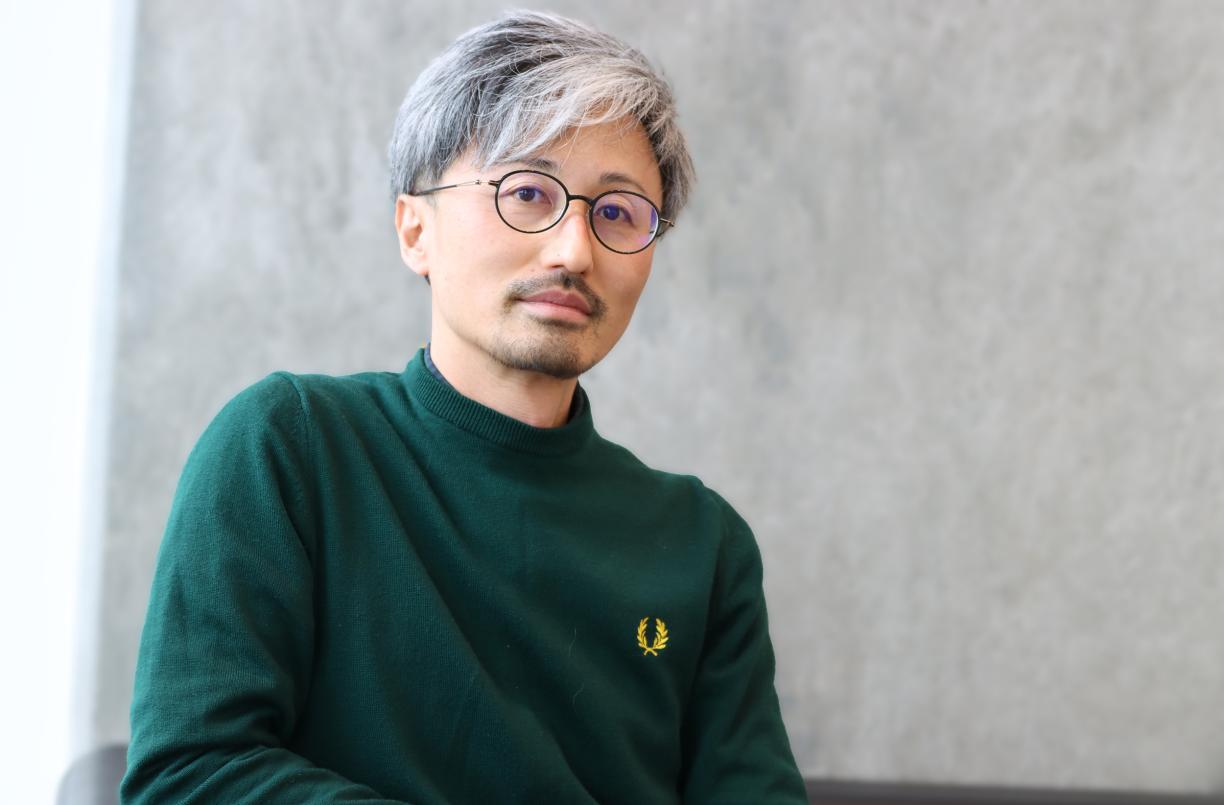Dr. Yoichi Mukai, a VIU Modern Languages Studies Professor, is studying the mental effort to develop second-language fluency. Vancouver Island University photo
Modern Languages Studies Professor Dr. Yoichi Mukai is using eye-tracking technology to explore second-language acquisition.
Newcomers to Canada often face challenges in developing fluency in the nation’s official languages and attaining these language skills can have impacts on their future.
Dr. Yoichi Mukai, a Vancouver Island University (VIU) Modern Languages Studies Professor, is using innovative eye-tracking technology to study the cognitive (mental) effort of native and second language learners to understand and produce speech.
Mukai hopes his research will help develop new, objective tools to assist language educators and course material designers. These tools would help determine what skills and knowledge are needed to teach and evaluate language skills. Mukai will also use the research results in his own teaching. He is developing a unit on cognitive load and second language learning. His findings are potentially useful to courses like his newly developed course – Introduction to second language acquisition.
According to Statistics Canada, the number of people whose first language isn’t English or French is expected to reach 31 per cent by 2036. British Columbia ranks among the top Canadian provinces with households predominantly speaking another language at home other than English or French.
“Like other immigrants around the world, newcomers to Canada often face the challenge of developing fluency in a new language,” said Mukai. “Not only can low performance on high-stakes tests be a barrier to immigration, but research done in Canada and other countries has shown that success in attaining language skills can have profound impacts on ongoing future success.”
Mukai is examining language information processing and the perception and understanding of speech.
“When you have a conversation with a non-native speaker, you get an impression of how fluent their speech is. I wanted to know what kind of language information is giving the listener that impression.”
Mukai will use eye-tracking technology that examines eye-gaze, eye movement and pupil dilation to understand the cognitive process of speakers and listeners. Research volunteers will look at a computer screen when speaking and a camera on the computer will measure pupil dilation and other indicators. Mukai is trying to determine how much mental effort it takes to speak a second language; how much effort it takes the listener; and what creates the listener’s impression of the speaker’s fluency.
“My research makes use of pupil dilation to measure the amount of cognitive effort, mental effort, when processing speech. Greater pupil dilation means more cognitive effort,” he said.
Mukai is conducting his research thanks to $85,248 in funding from the Canada Foundation for Innovation, the BC Knowledge Development Fund and other funding sources. Mukai and Dr. Marla Morden, a VIU Psychology Professor, received the funding jointly. The grant is being used to establish the Vancouver Island University Eye-Tracking Research Hub. The hub will create capacity in the central Island region for non-invasive cognitive assessment research.
-30-
Media Contact:
Rachel Stern, Communications Officer, Vancouver Island University
C: 250.618.0373l E: Rachel.Stern@viu.ca | X: @VIUNews


